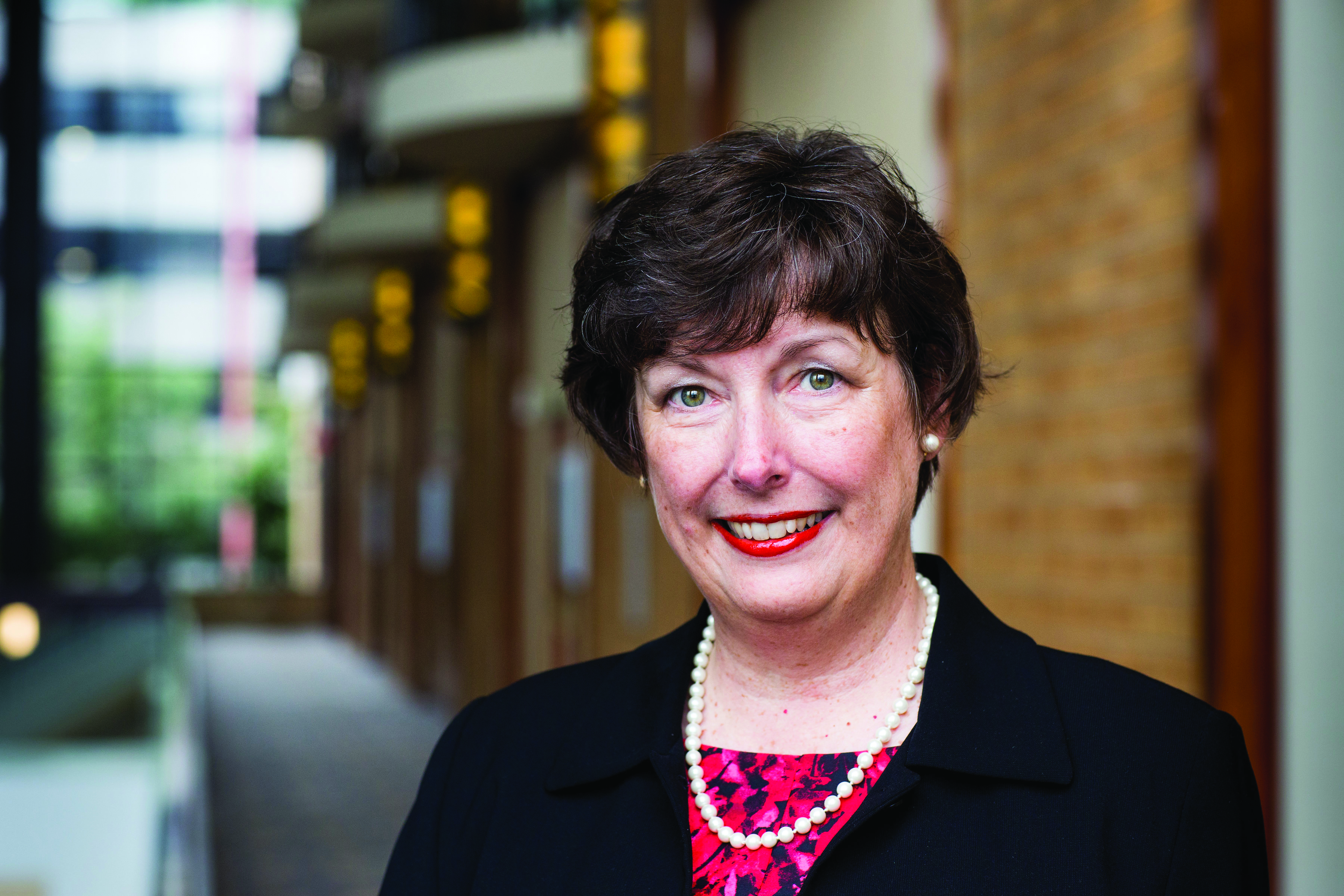
Some lines are more memorable than others. In the Broadway musical Hamilton, Alexander Hamilton challenges Aaron Burr with this statement: “If you stand for nothin’, Burr, what will you fall for?”
I have stolen that line when teaching nurses about bullying and incivility in our workplaces. Unfortunately, this is a topic that we still need to talk about. It is a topic that also resonated with more than 500 nurses attending the ONS 43rd Annual Congress in Washington, DC, earlier in 2018. Tracy Gosselin, PhD, RN, AOCN®, NEA-BC, and Anne Ireland, MSN, RN, AOCN®, CENP, presented the session “Professional Incivility: A Workplace Cancer in Need of a Cure” to a jam-packed audience. The Q&A and follow-up the next day at the ONS booth had standing room only.
Why do we still need to talk about this issue and tell our stories? Because bullying and incivility still wounds and damages too many nurses with reports of 50% of nurses being bullied by a peer, 42% of RNs bullied by a person in a higher level of authority, and 24% of nurses reporting physical assault from a patient or family member.
Statistics like these and countless others prompted ANA in 2015 to publish its position statement, “Incivility, Bullying, and Workplace Violence.” It includes definitions for each concept, their ramifications and consequences for our healthcare system, and recommended interventions for nurses and employers. The seminal document should be required reading for nursing students, new nurses, and experienced nurses who may be victims or perpetrators of workplace violence.
As oncology nurses, we pride ourselves that our specialty is all about the art of caring and the science of care. Yet that statement is disconnected from the stories that oncology nurses shared during the Congress sessions. Perhaps oncology nurses today are especially prone to stress in our healthcare environments and may not always bring our “best selves” to work every day. The challenges of complex treatment regimens, documentation demands, and too many patient and family needs that must be addressed in too little time create settings that are ripe for a less-than-positive response to stress.
The leader in each oncology nurse knows that better responses to those stressors are necessary, including the need to seek understanding about nurses’ experiences with incivility and bullying and to establish zero-tolerance policies in our workplaces. Gosselin and Ireland taught nurses how to be powerful bystanders and use resources like the Stop Bullying Toolkit developed by a group of Robert Wood Johnson Foundation nurse executive fellows. They challenged attendees (and indeed, all of us) with another classic line by asking, “Will you be no different or THE difference?” Take a stand today for every oncology nurse today.






